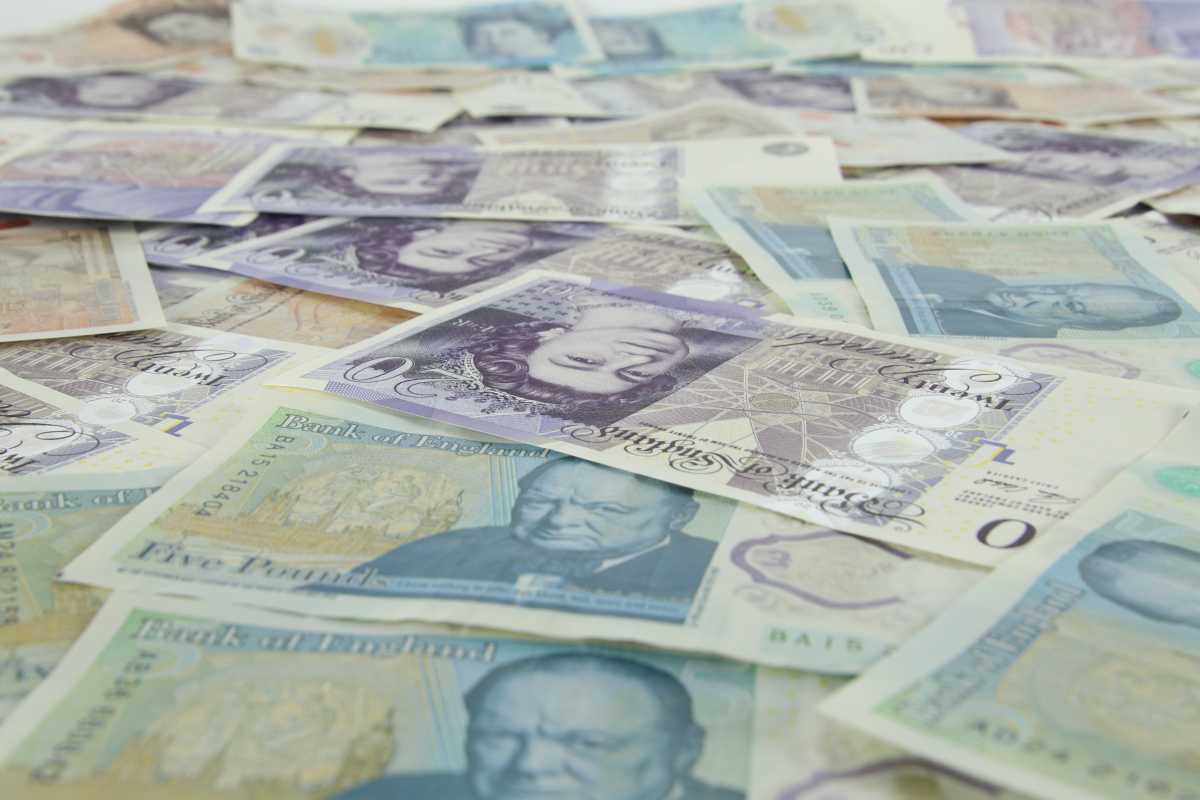Income tax overview
Income tax is payable on an individual's income. Once your earnings go above your Personal allowance, you must pay tax on the income you receive, such as:
Your salary paid to you by your employer, plus any benefits you receive through them
Profits earned when you're self-employed
Rental income
The interest you receive on savings (over your savings allowance)
Dividends on shares
Most Pensions
Some state benefits
You don’t pay in income tax on:
Up to £1,000 of income from self-employment, alongside your Personal Allowance
The first £1,000 rental income
Income from an Individual Savings Account (ISA)
Premium Bonds
Lottery wins
How do I pay Income Tax?
Pay as you earn (PAYE)
If you’re employed, you will usually pay tax through something called pay as you earn (PAYE). In this case, income tax you�’re due to pay will be automatically taken from your salary before you’re paid, along with any National Insurance contributions (NIC), student loan repayments, pension contributions and other taxable benefits.
Self-assessment
UK taxpayers who are self-employed or have any of the taxable income sources listed above must file a self-assessment tax return each year.
During this process, the income tax you’re due to pay will be calculated based on the income you’ve received through the tax year.
More information on self-assessment tax returns can be found on our blog here.
How much income tax do I pay
In 2023/24, your total earnings that are eligible for income tax are subject to the following rates:
Earnings up to your personal allowance of £12,570 - 0%
Basic Rate - Earnings between £12,571 and £50,270 - 20%
Higher Rate - Earnings between £50,271 and £125,140 - 40%
Additional rate - Earnings over £125,140 - 45%
For example, if you earn £30k, you’ll pay nothing on the first £12,570, and 20% on the next £17,430.
For more information on income tax, please visit the Gov.uk website.


